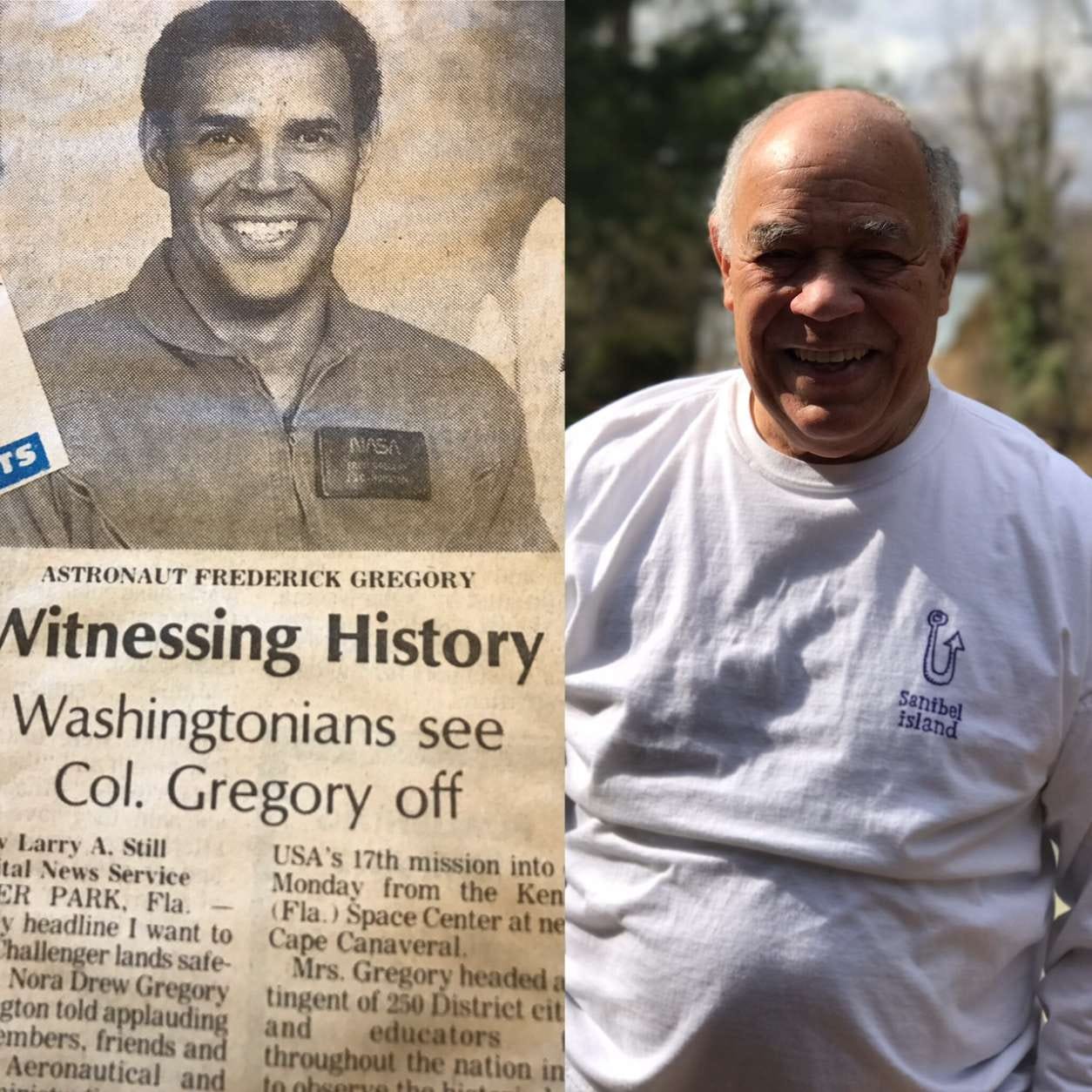Frederick Drew Gregory
First African-American Space Shuttle Pilot
Frederick Drew Gregory: Breaking Barriers Above the Clouds
Frederick Drew Gregory, born in 1941, isn't just an astronaut; he's a symbol of perseverance and achievement, paving the way for future generations to reach for the stars. As the first African American pilot in the U.S. Astronaut Corps and the first to command a space shuttle mission, Gregory's journey through the skies inspires us to defy limitations and embrace the pursuit of dreams.
Early Life and Military Service:
Born in Virginia, Gregory faced segregation from a young age. But his determination knew no bounds. He excelled academically and joined the Air Force ROTC program at Howard University, eventually becoming a helicopter pilot. He served two tours in Vietnam, flying over 550 combat missions and earning a Distinguished Flying Cross and 16 Air Medals.
Transition to Astronaut:
Fueled by a lifelong fascination with space, Gregory applied to the astronaut program in 1976, inspired by General Benjamin O. Davis Jr., the first African-American Air Force general. Despite initial hesitations due to his military background, his exceptional skills and perseverance earned him a spot in the 1978 astronaut class.
Pioneering the Skies:
Gregory's career in space was groundbreaking. He served as a pilot for the Challenger in 1985, co-pilot for Discovery in 1989, and finally, in 1991, became the first African-American spacecraft commander on Atlantis. He spent over 455 hours in space, conducting scientific experiments and contributing to the advancement of space exploration.
Beyond the Missions:
Gregory's impact extends beyond his space missions. He served as Deputy Associate Administrator for Safety and Mission Quality at NASA Headquarters, ensuring the safety of future astronauts and missions. He became a mentor and advocate for diversity in STEM fields, inspiring countless young people to pursue careers in science, technology, and space exploration.
A Legacy of Inspiration:
Frederick Drew Gregory's story is a testament to the power of ambition, courage, and defying gravity. He broke racial barriers in the astronaut corps, paved the way for future generations of diverse space explorers, and continues to inspire us to reach for the stars. His legacy reminds us that with unwavering determination and a head held high, even the sky is not the limit.
Key Points:
First African American pilot in the U.S. Astronaut Corps
First African American to command a space shuttle mission
Logged over 455 hours in space across three missions
Served as Deputy Associate Administrator for Safety and Mission Quality at NASA
Advocate for diversity in STEM fields and inspiration for young people


